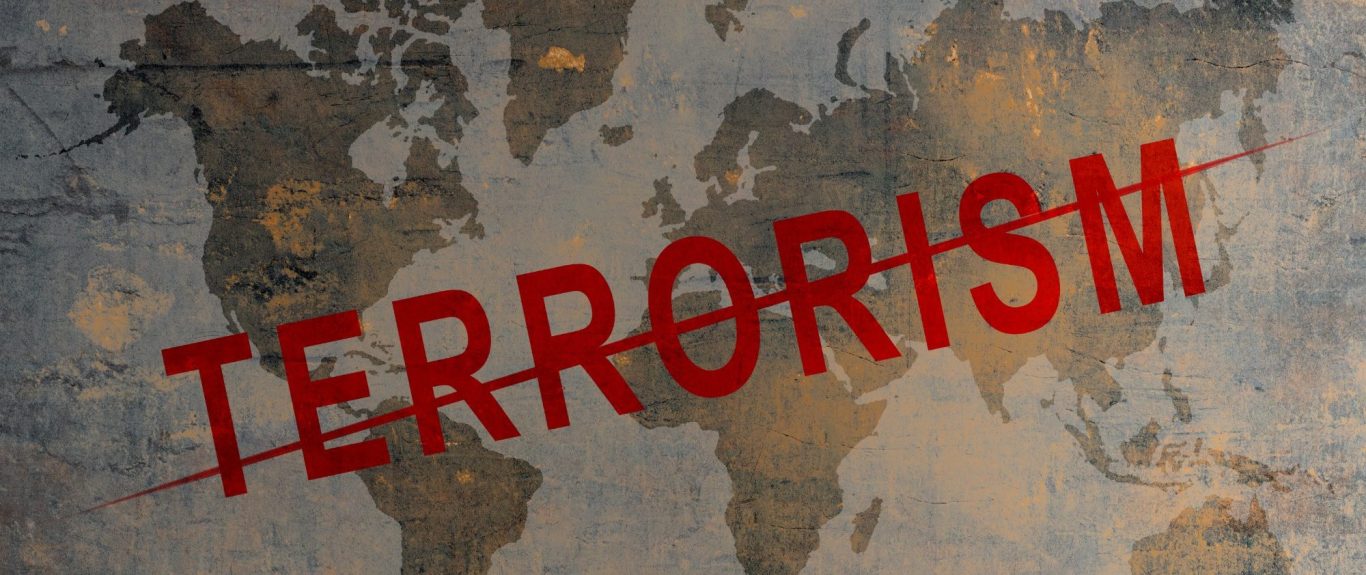Indonesia's Persistent Terror Threat: Beyond the Bombs
Indonesia, a nation long scarred by acts of terrorism, finds itself in May 2025 at a critical juncture. While the visible absence of major bomb attacks might suggest a victory against extremism, this zero attack narrative is, in fact, dangerously misleading. The core challenge for Indonesia now lies not in overt violence, but in the subtle and systematic metamorphosis of terrorist organizations and the enduring threat posed by returning foreign fighters and radicalized institutions. The calm on the surface belies a deeper, more insidious process, as terrorist organizations have adapted their strategies following sustained counter-terrorism operations. This complex landscape is further complicated by recent events such as the widely publicized launch of a business venture by Umar Patek, the main bombmaker in the 2002 Bali bombings, who, after his controversial parole, is now opening a coffee business, marketing it with the phrase "I concocted bombs, and now I concoct coffee."
The transformation of groups like Jemaah Islamiyah (JI) exemplifies this evolving threat. While its former leader, Zarkasih, has publicly declared the organization's disbandment and a shift away from violent jihad, claiming a re-education of some 8,000 members, the underlying structures remain a concern. Expert Solahudin from the University of Indonesia acknowledges JI's shift from overt militancy to dakwah (preaching) and social consolidation, but the group's history as a network forged from social structures, alumni networks, friendships, and ideological loyalties that are difficult to break suggests a persistent, albeit hidden, influence. JI's strategy of social infiltration through legal foundations, educational institutions, and civil society, often promoting its ideology under the guise of popular issues, further complicates detection. Alarmingly, some young JI cadres reportedly remain in Syria, allied with jihadist factions, posing a potential threat if they return.
The implications for Indonesia are significant across various aspects of its national security and social fabric. The release of a leading terrorist convicted for his role in actions that cost the lives of over 200 people and the publicization of his business venture may signify Indonesia's commitment to its deradicalization and reintegration programs, but this approach, while focusing on behavioral change and participation in government-led initiatives, raises profound questions about justice and the psychological impact on victims, and earned strong condemnation from Australian officials who called Patek's parole an "absolutely horrible day for the victims."
The continued operation of pesantren (Islamic boarding schools) that historically served as JI's ideological incubators, even with a seemingly moderate facade, poses a long-term risk to national unity and secular education, necessitating regulatory oversight and curriculum reform. The potential return of foreign fighters, bringing battlefield experience and hardened ideologies, demands a meticulously-controlled legal process and robust monitoring and rehabilitation programs to prevent them from reigniting extremist networks within Indonesian society. Furthermore, the archipelagic geography of Indonesia and the Philippines creates porous borders, facilitating the movement of militants and resources, making maritime security a crucial aspect of counter-terrorism efforts and a concern for regional stability.
However, many experts voice apprehension that the very strategies employed in counter-terrorism, particularly within the security sector, could inadvertently lead to negative outcomes. A strong emphasis on enforcement and intelligence operations, while essential, can sometimes erode public trust if perceived as overly aggressive or lacking transparency. Furthermore, the significant financial aspects of some security contracts and the potential for technological overreach raise worries about corruption and the diminishing of civil liberties, presenting a complex dilemma for balancing effective security with democratic principles. For the public, Patek's business venture raises concerns about the objectives of deradicalization, questioning whether individuals have truly repented or simply served their time and moved on, leading to lingering doubts about the long-term effectiveness of such programs.
Sources:
- "Former JI leader affirms disbandment, pledges loyalty to Indonesian State." Indonesia Business Post, May 6, 2025. https://indonesiabusinesspost.com/4243/Politics/former-ji-leader-affirms-disbandment-pledges-loyalty-to-indonesian-state
- "Indonesia needs a two-track approach to its foreign-fighter problem." DefenseOne, April 24, 2025. https://www.defenseone.com/ideas/2025/04/indonesia-needs-two-track-approach-its-foreign-fighter-problem/404684/
- "Narasi 'Zero Attack' yang Menyesatkan." Kompas, May 27, 2025. https://www.kompas.id/artikel/narasi-zero-attack-yang-menyesatkan
- "Terrorism At A Crossroads In Southeast Asia: Challenges Ahead." Eurasia Review, May 7, 2025. https://www.eurasiareview.com/07052025-terrorism-at-a-crossroads-in-southeast-asia-challenges-ahead-oped/
- "Bali bomb maker Umar Patek launches business in Indonesia." News.com.au, June 3, 2025. https://www.news.com.au/travel/travel-updates/incidents/bali-bomb-maker-umar-patek-launches-business-in-indonesia/news-story/64b22e8f36e10b5c45e0ded5d2d1fd06

SECURITY
June 5, 2025
